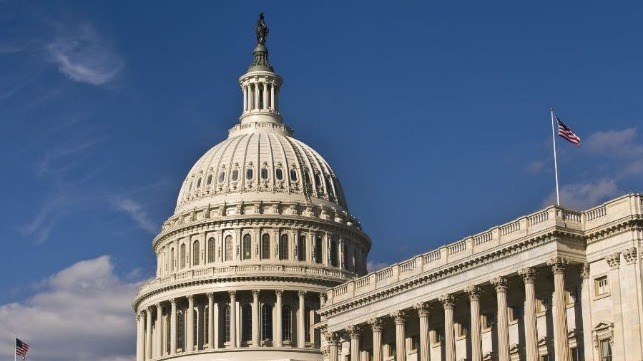AAPA Voices Support for New North American Trade Agreement

The American Association of Port Authorities (AAPA) has endorsed congressional approval of the United States-Mexico-Canada Agreement (USMCA), the White House's negotiated modification of the North American Free Trade Agreement (NAFTA).
AAPA says that it believes USMCA is a better alternative than withdrawing from NAFTA altogether, which would lead to disruption of trade with America’s Mexican and Canadian neighbors and could negatively impact the American economy. AAPA also asserts that NAFTA should continue until a replacement is approved by Congress.
By agreeing to push for enactment, AAPA joins other industry associations, including the U.S. Chamber of Commerce and the National Association of Manufacturers, in support of the proposed USMCA treaty.
“AAPA supports free and fair trade. Seaports are at the frontlines of the current uncertainties surrounding U.S. trade policy. It’s important to recognize that international trade, both exports and imports, is good for American workers and our economy," said AAPA Vice President of Government Relations Susan Monteverde. “The USMCA modernizes trade agreements with our two neighboring nations, and we urge Congress to make passage of the USMCA a priority. We also encourage the President and the U.S. Trade Representative to successfully negotiate improvements in the trade agreement with China that can result in swift removal of U.S. tariffs on Chinese goods . . . tariffs that are costing U.S. businesses millions of dollars.”
If enacted, USMCA will increase the minimum wage for automotive assembly workers across all three nations; increase the North American-made content requirement for auto parts in new vehicles; strengthen intellectual property protections; ease Canadian dairy import rules; implement a review process for the trade agreement every six years; change the name of the agreement to USMCA; and preserve most aspects of NAFTA, including the NAFTA dispute resolution process.
